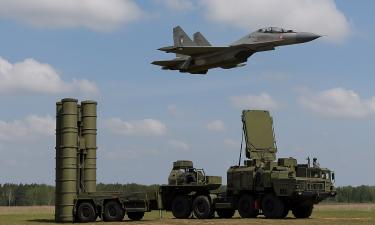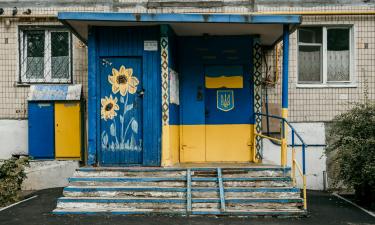What's happening with unemployment in Russia?
In Russia, the number of unemployed individuals holding higher education diplomas has decreased by 13 percent. Officials with Rostrud watchdog said that a year ago the number of people with higher education seeking job was about 245,000. Presently, their number has decreased to 213,000.

A number of experts believe that the state has managed to stimulate young people's interest in profitable occupations on the market. The changing behaviour of employers has also played a role, as the number of vacancies of interest to graduates has increased.
Meanwhile, according to forecasts, about ten percent of graduates in Russia find it very hard to obtain a job after graduation due to the overabundance of the number of those graduating from higher educational institutions, a report about the state of affairs in the field of education prepared by the Analytical Center under the Government of the Russian Federation said.
As of the beginning of 2017, the supply among those graduating from higher educational institutions exceeded demand by 18 percent. The shortage of young people with secondary special education was about 20 percent. According to the Ministry of Labor, Russia currently experience a shortage of representatives of so-called working professions.
Pravda.Ru requested a comment from Oleg Shein, member of the State Duma Committee on Labor, Social Policy and Veterans' Affairs.
"What is the decisive factor for the reduction of the number of university-educated unemployed individuals?"
"There are a few aspects here. In fact, we are discussing a very small share of the employment market. In fact, according to the International Labor Organization, there are about 70 million people of working age in Russia, and 23 million people are employed in the informal sector, while 6 million are unemployed. The number of those officially registered as unemployed is about 1.5 million people. This is a small number.
"Secondly, crisis effects have faded because most companies that suffered certain difficulties after the collapse of the Russian ruble in 2014 have reached stability now. Accordingly, in these conditions, they start attracting workers more actively and they try to attract more qualified specialists.
"Thirdly, one should not forget the age factor. As times goes by, the proportion of people with higher education increases with each generation. Among people aged 25, the proportion of those with higher education is higher than among those who are 45 or 55 years old. In addition, one must understand that people in their forties and fifties have the education that they had received under the conditions of a different reality. Naturally, the market needs those whose knowledge is a reflection of today's reality, rather than the reality of the past.
Pravda.Ru
Read article on the Russian version of Pravda.Ru
Subscribe to Pravda.Ru Telegram channel, Facebook, RSS!





